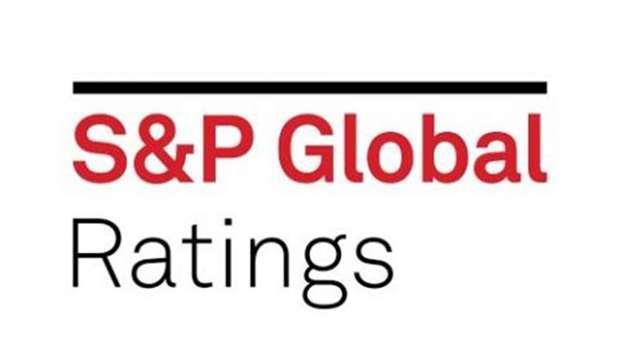
Qatar- Shariah-based finance social instruments can help Islamic countries navigate through Covid-19 crisis: S&P
(MENAFN- Gulf Times) Four Shariah-based finance social instruments can help core Islamic countries, banks, and corporations navigate the after-effects of the current Covid-19 crisis, S & P Global Ratings has said in a report.
In a report, S & P said four Islamic finance social instruments Qard Hassan, Social Sukuk, Waqf, and Zakat can help such countries navigate Covid-19 aftereffects.
S & P noted that Covid-19 has significantly slowed core Islamic finance economies because of their governments' measures to combat the spread of the virus. It sees unemployment rates rising as some companies experience significant revenue reduction.
However, Islamic finance provides socially responsible products, and the current environment could offer the possibility to leverage them.
As regulators and policymakers around the world seek to establish a more sustainable, stakeholder-focused, and socially responsible financial system for the future, S & P notes there are certain similarities between Islamic finance and sustainable finance.
Islamic finance abides by the goals and objectives of Shariah, and has some overlap with environmental, social, and governance (ESG) considerations and the broader aim of sustainable finance.
Although this may sound obvious for environmental aspects through green sukuk and governance aspects through the presence of additional governance layers, the social aspect has until now been less obvious.
The spread of Covid-19 and countermeasures to slow its spread have significantly slowed the core Islamic finance economies, S & P said.
'As a result, we expect unemployment rates to increase, with a consequent significant loss of income for households as companies implement measures to reduce their costs amid declining revenue. The Islamic-finance industry has been talking about the potential to use the social instruments of Islamic finance to help address the impact of Covid-19 on corporates and banks through unremunerated or subsidised liquidity to help them cope with the short-term loss in revenue and allow them to preserve employment, S & P said.
Social instruments could also be used directly to support households by compensating them for lost income, and by providing access to affordable basic services, such as education and health care, it said.
'From a credit rating perspective, in our opinion, banks' use of social instruments would have a limited effect on their balance sheets, as long as such instruments did not significantly reduce their profitability or increase their costs materially. The social nature of sukuk would have no bearing on the instrument's creditworthiness as long as the social measures did not change the sponsor's obligation to pay sufficient amounts for the periodic distribution and principal reimbursement, S & P said.

Legal Disclaimer:
MENAFN provides the
information “as is” without warranty of any kind. We do not accept
any responsibility or liability for the accuracy, content, images,
videos, licenses, completeness, legality, or reliability of the information
contained in this article. If you have any complaints or copyright
issues related to this article, kindly contact the provider above.

















Comments
No comment